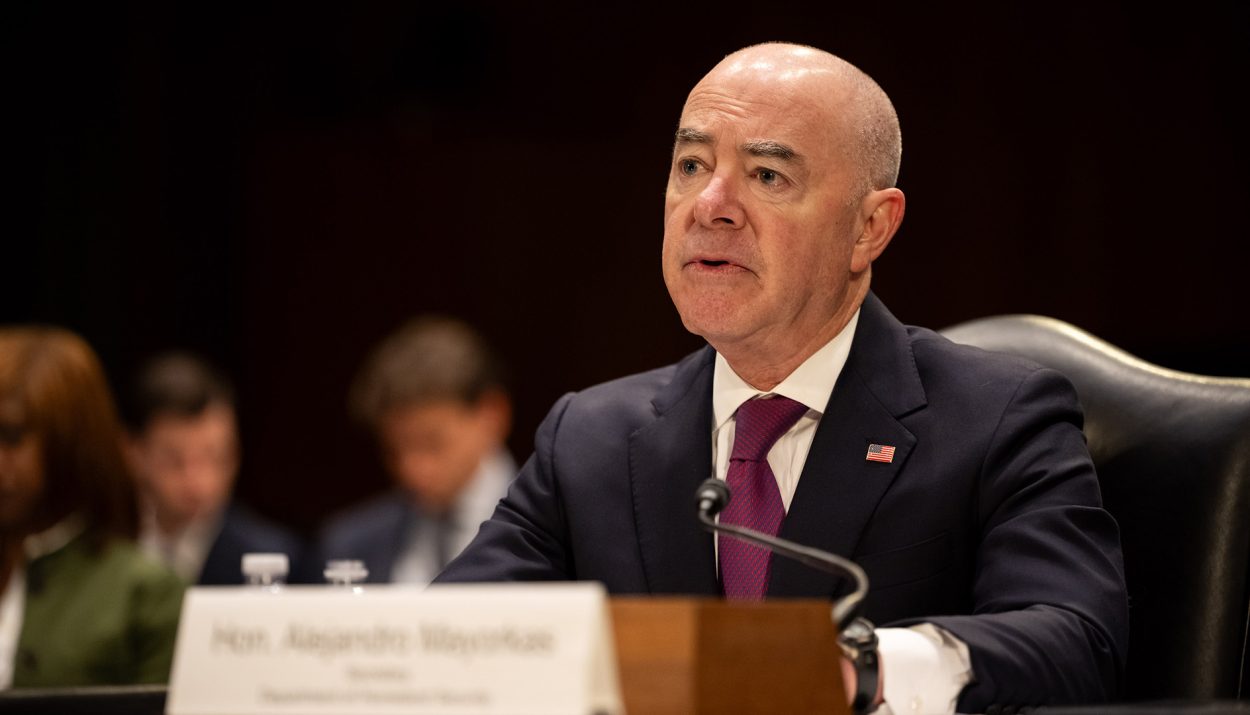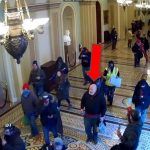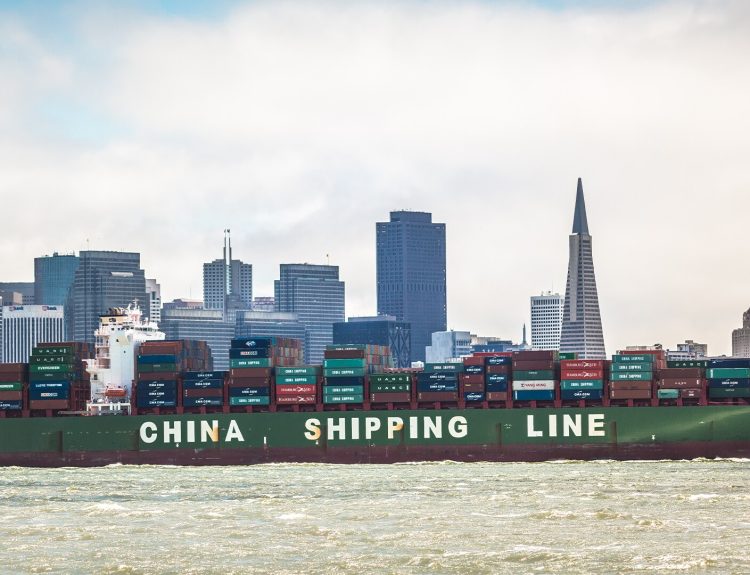The US Department of Homeland Security (DHS) recently raided a factory in Ohio belonging to a Chinese auto parts firm. The raid was triggered in response to a complaint from the House Select Committee on the Chinese Communist Party. The accusation was that they were avoiding US tariffs. Let’s see what went down.
Tariffs in Place Against China
The ongoing trade war between the US and China has led to both countries implementing tariffs on imports coming from the other. Naturally, this means that the price of goods from China is far more expensive. US consumers are buying fewer Chinese products as a result.
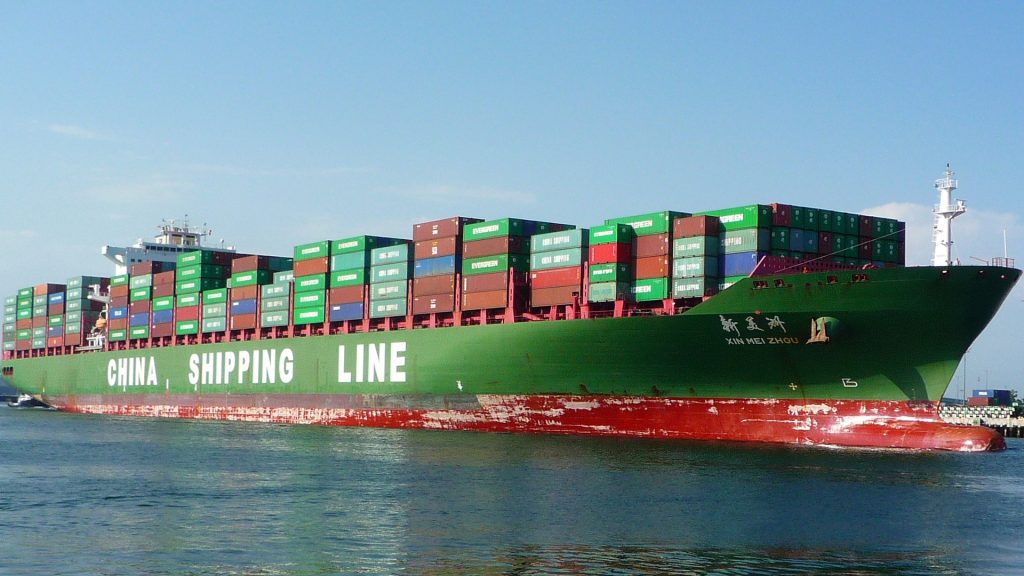
However, some Chinese companies are finding ways around the tariffs, and the US has to take action to stop them from sidestepping the rules. The DHS raid was on one such company, which was allegedly bypassing the law on tariffs and imports.
Introducing Qingdao Sunsong – A Chinese Auto Parts Manufacturer
The company that was raided was a US subsidiary of a Chinese auto parts manufacturer called Sunsong. Qingdao Sunsong’s factory is located in Ohio and was raided by the DHS in its search for imported materials without tariffs paid.

While the DHS didn’t immediately respond to requests for comments, they simply stated that the raid was part of an ongoing investigation into the company. Sunsong acquired Harco Manufacturing Group in 2015, and the plant comes from their local holdings.
Production Moved to Thailand to Avoid Tariffs
Sunsong’s production base was located in China, but the company moved some of its production to Thailand. A letter from the House Select Committee on the Chinese Communist Party in September accused Sunsong of shifting their production to avoid tariffs.
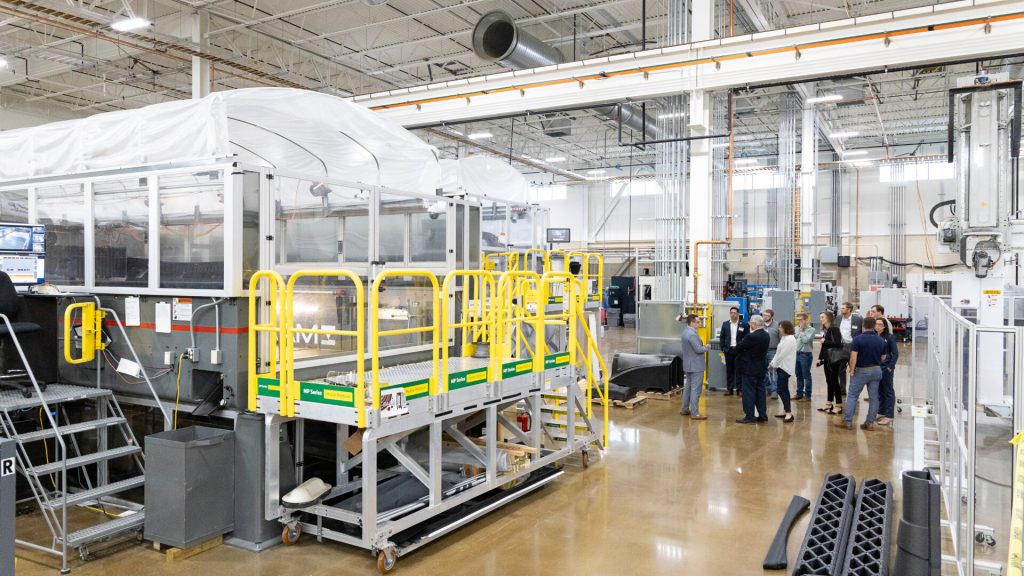
The Committee cites Sunsong’s own findings where their goods produced in China were subject to a 25% import tax. Thus, the company decided to ramp up its production in Thailand to sidestep the tariffs.
A Case of Blatant Trade Fraud
According to Congressman Mike Gallagher, R-Wis., this move by Sunsong is a blatant violation of trade laws and should be considered fraud. He further stated that trade actions like these have been having a negative impact on American manufacturers.
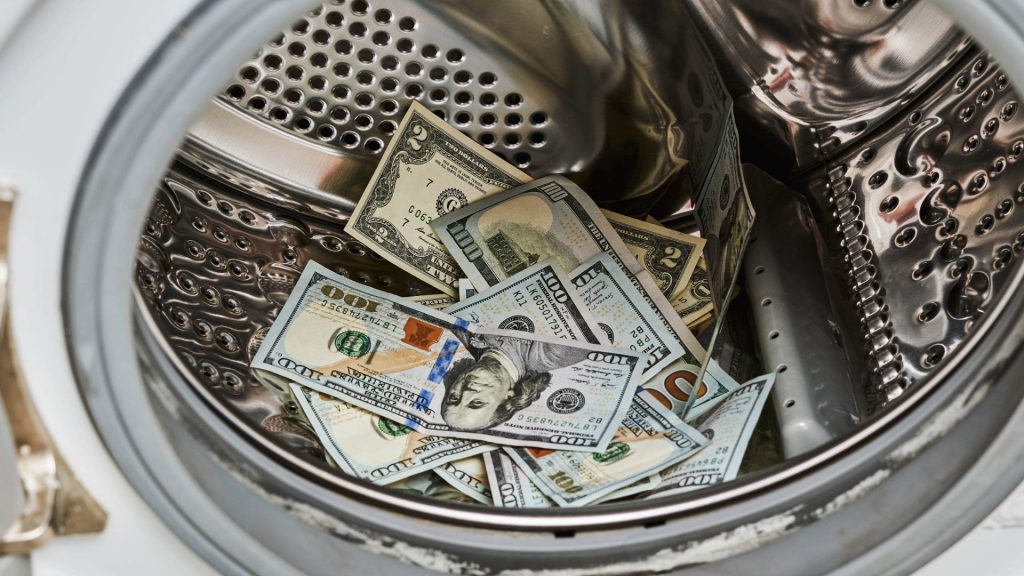
Thailand is a transshipment point and isn’t subject to the same tariffs as goods shipped directly from China. Using Thailand as an intermediary or an alternative production location undermines the country’s national economic stability.
Not A New Situation
The Trump Administration instituted tariffs on China in response to China’s aggressive moves on the US market and its threat to local businesses. The Biden Administration has kept many of the tariffs initially instituted.
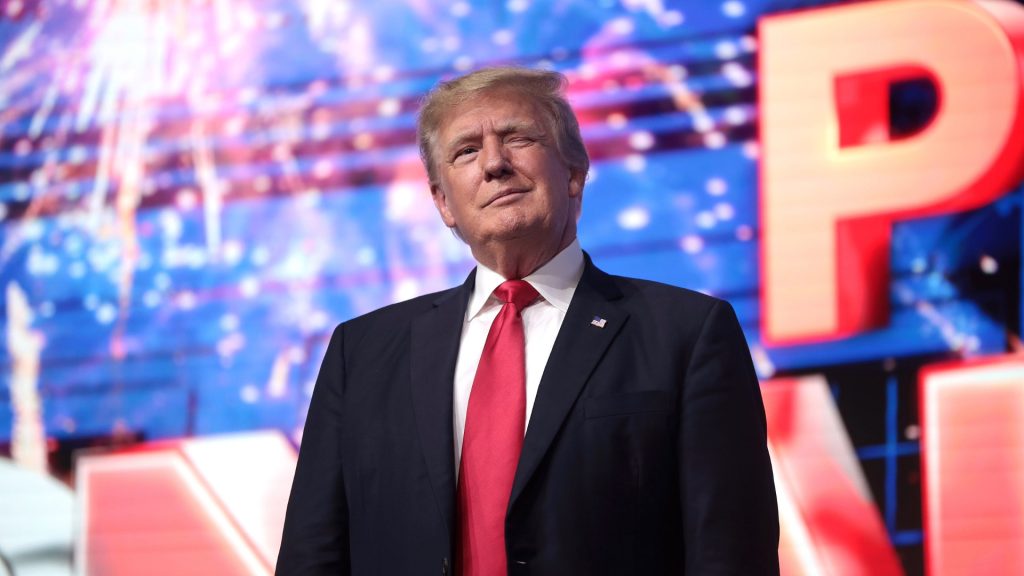
The trade war between the US and China has much to do with global economic dominance. China has long been known for producing cheaper goods (usually lower quality). Some Chinese companies have moved to the US to use better production facilities and technology.
Trying to Curtail Market Dominance
Firms that used to do business in China now have to pay extra to get their manufactured products over to the US. These firms have either kept their Chinese products for distribution on the local market or lowered production to avoid paying high import taxes.
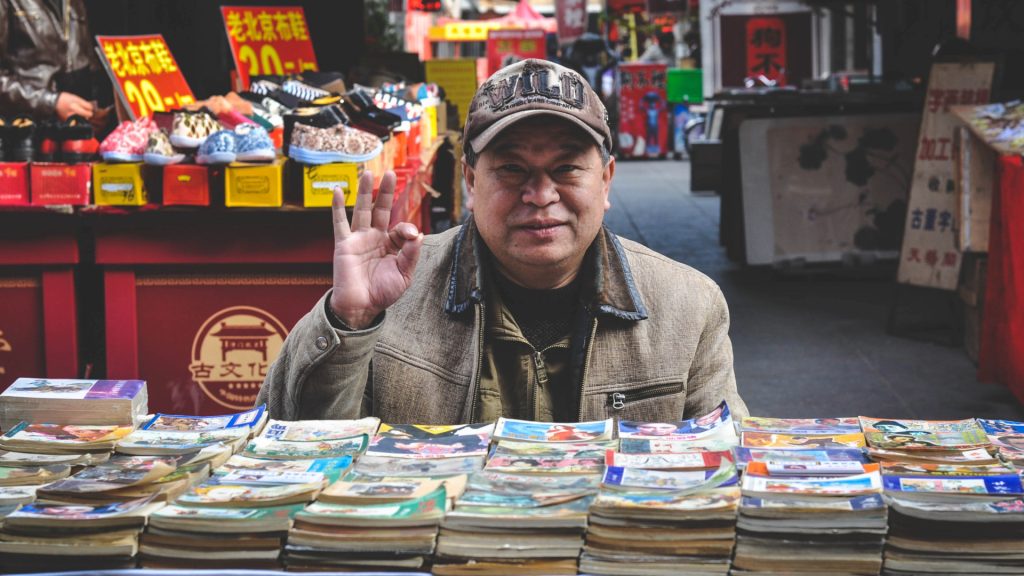
The tariffs make doing business in China a much more difficult prospect. However, the Chinese government’s penchant for relying on American-based businesses for industrial espionage has not gone unnoticed by the DHS.
Chinese Government Complaints
China’s government has vociferously complained about the tariffs against their country. They have accused the US of attempting to “politicize and weaponize” the trade between the countries in an email sent by the embassy.
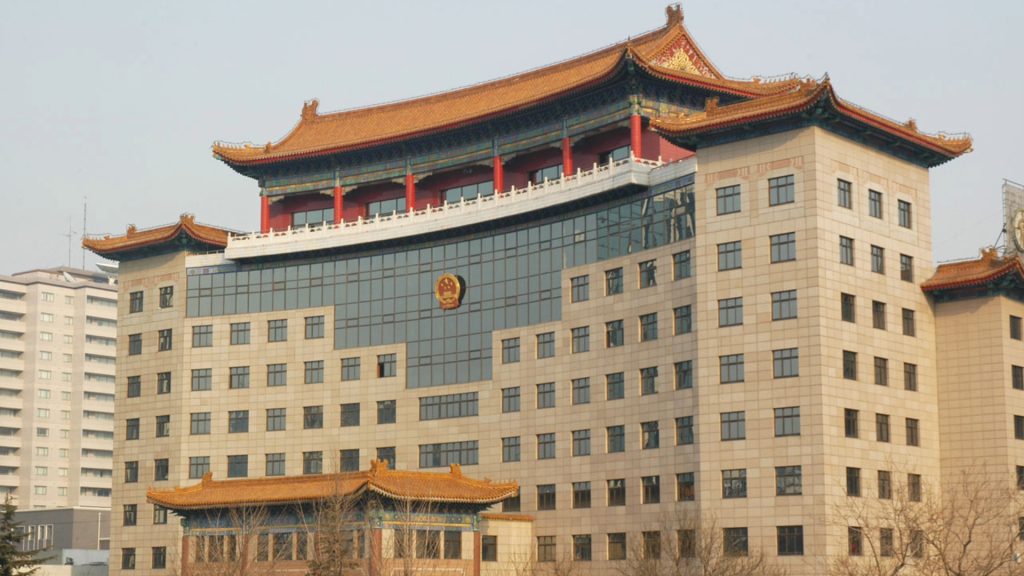
The Chinese government complained that protectionist measures like this don’t help anyone and instead harm the economies of both countries. Disrupting normal trade would not be in any party’s best interests, and in this the Chinese are right.
Protectionist Measures Can Backfire
Most economists agree that protectionism is a bad idea. Tariffs and trade barriers serve to isolate a country and make it more difficult for consumers to afford cheaper products. It’s essentially holding the population hostage.
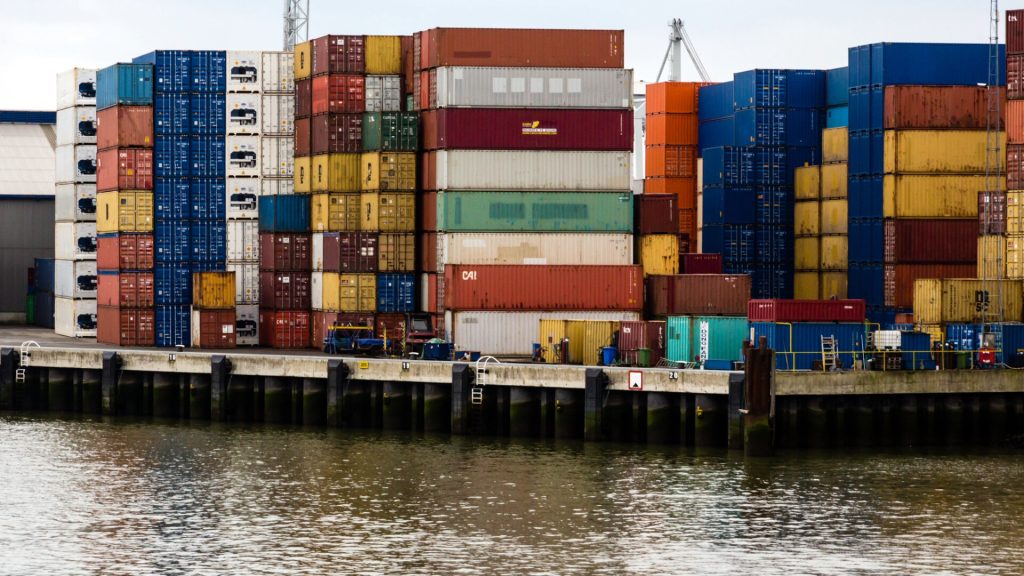
However, if instituted against a single country (for example, China), it’s simply a matter of politics between both countries. In the past, the US government argued that it’s not protectionism if it only targets one country.
An Unfair Advantage
When Former President Donald Trump levied these tariffs on over $300 million in Chinese imports, it was in response to complaints from local businesses. The prices China’s companies offered consumers were far less than what they could provide and make a profit.
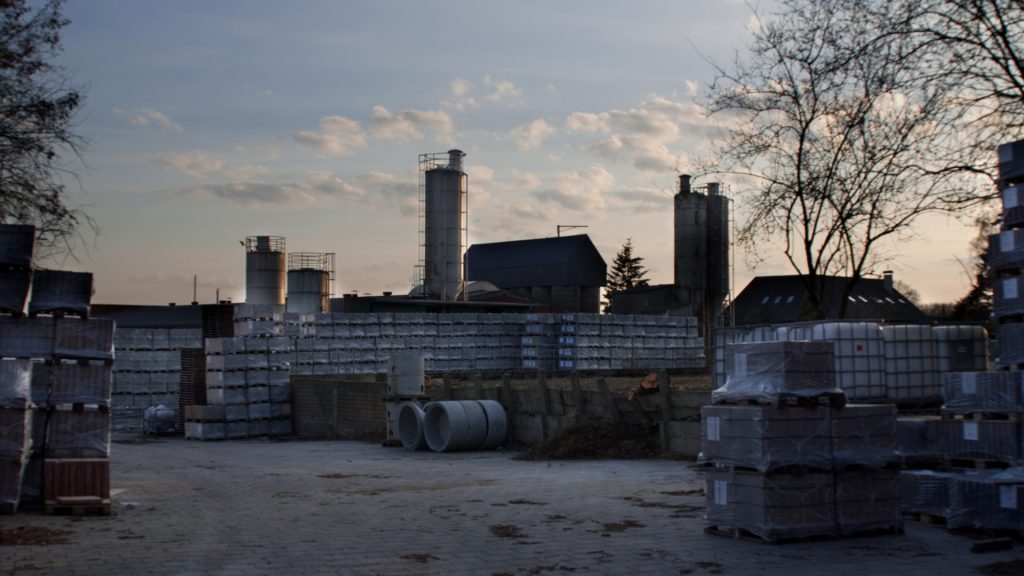
This is partially because China subsidizes a lot of its businesses to make them more competitive in the global market. They also don’t respect property rights, and American companies operating in China were forced to hand over their tech secrets.
Not The First Chinese Company Raided
While Qingdao Sunsong is the latest company to be raided, they are far from the only business that’s run afoul of the DHS. In October, the DHS raided a chemical company and brought charges against its owners and employees for illegal fentanyl trafficking.

Many Chinese companies have ties to the leadership of China, and seeing blatant disregard for local laws makes these companies even more untrustworthy to American authorities. China must also fulfill an obligation to purchase goods from the US under a 2020 trade deal. They have yet to meet their quota.
What Does This Mean for Americans?
The US will continue to see high prices for imports from China for a while yet. Local businesses may have better luck on the American market thanks to pressure easing from the low-cost Chinese goods that were flooding the market, making it impossible to compete against them.

Most American lawmakers are all for a free market, but the unfair advantages Chinese companies have against their Western counterparts make it impossible to consider China as a fair competitor. We may see more Chinese businesses aiming to sidestep the tariffs by simply moving their production elsewhere.

